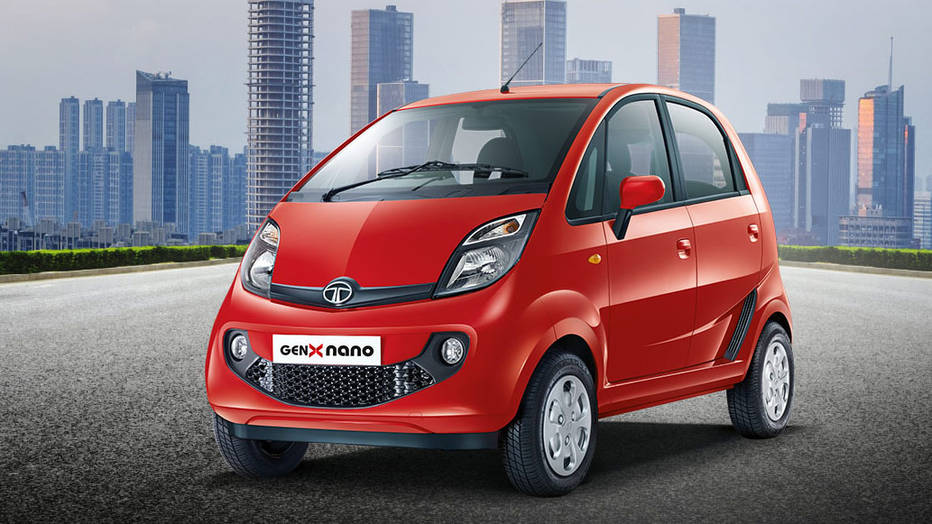July, 19, 2018

Just after a decade since Nano came to market as the Cheapest Car in India, a recent report in Hindustan Times reveals that the Nano’s death was confirmed by production numbers, since Tata Motors Ltd. produced only 1 unit in June 2018, down from 275 in the same month last year.
“Exports were zero, versus 25 in June 2017” the report notes adding that, the expiry of the “people’s car,” as Tata Motors branded it in 2008, holds lessons for automakers hoping to make it in India. Countries such as Sri Lanka, had been hub spot for India’s cheap cars such as Maruti, Nano and three-wheeler Tuk Tuks, making Indian companies such as Bajaj earning over 20% of their revenue by exporting Tuks to the South Asian Island that generates higher tax revenue from vehicles than the producer’s sales and manufacturing cost to compensate country’s over 10,000 politicians living costs, bills and then to finance debt and development.
Nano was a project that was called a “milestone in frugal engineering” when it took off 10 years ago but the company behind it now acknowledges that the car in its “present form cannot continue beyond 2019.”
According to the report, Nano fell short on safety, ran behind schedule and produced questionable crash test results.
However, Tata remains hopeful as spokesman for the group had said the Nano “may need fresh investments to survive.” Further the report also highlights that Eicher Motors Ltd.’s Multix pickup truck that doubled up as an electricity generator was also unsuccessful. Both companies have written off millions of dollars in investment costs.
“The Nano’s failure to sell stands in stark contrast to the rest of the Indian car market. From motorbikes to cars and trucks, growth in every segment is picking up. Passenger vehicles, including SUVs, jumped 38% in June. Commercial vehicles climbed 42%, while two-wheelers – which dominate the market – gained 22%” the report added.
Meanwhile, Maruti Suzuki India Ltd., the nation’s biggest carmaker, posted volume growth of more than 40%. Even a newly defined segment, the quadricycle – a vehicle that weighs less than 475 kilos – is showing signs of an uptick. Report points out that India is a market where electric vehicles are non-existent and the chatter over fancy ideas such as future mobility and autonomous vehicles, which pervades the rest of the auto world, is muted.
Report noted that yet the evidence suggests that pursuit of the lowest price above all else was misconceived.
“A more realistic view is that India is squarely a high-volume, few-models game and consumers are focused on value – which means getting as many features as possible for their money” the report added.
- Reporting by Devendra Francis
Video Story